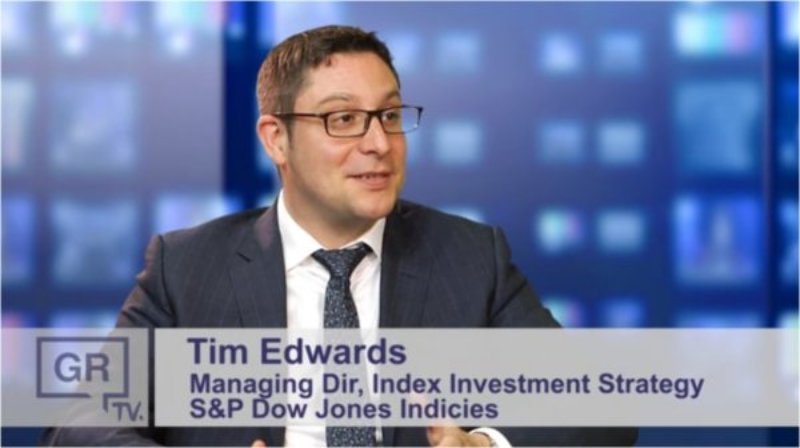
Edwards said the availability of passive funds gave investors the opportunity to achieve market returns at low cost and had saved the investing community "hundreds of millions of dollars" in fees.
He said, while some active funds out-performed, S&P's SPIVA reports, which compare active managers' returns to benchmarks, showed that, over time, active management strategies under-performed. "Tracking an index is one of the most surefire ways to offer above-average returns."
There was not enough data to offer a SPIVA analysis of New Zealand's market but Edwards was not convinced it would be markedly different.
One of the biggest myths about active investment was that their strategies would shine in a down market, he said. "You always hear the advantage of active management is in a bear market they can go to cash. It's always 'can go to cash', never 'did go to cash'."
He said data showed active managers didn't do better in a downturn than they did in a rising or moderate market.
Edwards said there would be a point at which too much passively invested money could become a problem.
"At some point we have to reach a balance. [If all money was in passive strategies] who would help us set prices?"
But markets were a long way from that. About 20% of equities investments were with passive managers but it would not become problematic until that amount was closer to 70% or 80%.
To read the full transcript, click here.
To download as an audio podcast, click here.
Also available on SoundCloud.




Comments
No comments yet.
Sign In to add your comment